
Fearless Fund’s Arian Simone On What She Looks For In A Brand And Introducing Debt-Based Financing
Venture capital firm Fearless Fund has nailed down four main criteria for investing in a brand. It has to have a compelling story behind it, strong team, traction in the market and quality products.
Bread Beauty Supply, one of the newest brands in its portfolio, receives rave reviews across the board, says Fearless Fund co-founder Arian Simone. She and her Fearless Fund colleagues love the brand’s haircare products and seeded them to salons to see if they feel the same—and they do. Launched by Melbourne-based Maeva Heim, Sephora picked up the brand out of the gate in 2020. At the time, industry sources cited by the publication Women’s Wear Daily estimated the brand could generate between $3 million and $5 million in sales in 12 months. Heim has expanded from Sephora to Ulta Beauty, Farfetch, Space NK and Selfridges.
Simone says, “To see a business starting in Australia with international distribution and major retailers was an attraction, and their revenue was definitely at the appropriate year-over-year growth as it pertains to being on par for venture. We were beyond intrigued by the packaging, the branding and everything else that came with it. Overall, we knew this was a solid investment.”
Fearless Fund’s portfolio is half consumer packaged goods brands and half technology companies, primarily fintech marketplaces. Along with Bread, Fearless Fund’s portfolio contains beauty and wellness brands Kushae, Brown Girl Jane, Hairbrella, Live Tinted, Range Beauty, The Lip Bar, Thirteen Lune, Shearshare and Oui the People. It’s not unusual for other investment firms to connect with Fear Fund about women of color-owned brands, and that was the case with Bread. Simone connected with Heim through Marcy Venture Partners, another VC firm it tends to invest with. Fearless Fund also learns about possible investments from accelerator and incubator programs.
“We look for things that are revolutionary or people who are a voice of authority in a certain area,” says Simone. “If you’re the voice of authority in hyperpigmentation or you’re a voice of authority in STEM, we look to see where people are truly dominating and owning a particular solution.”
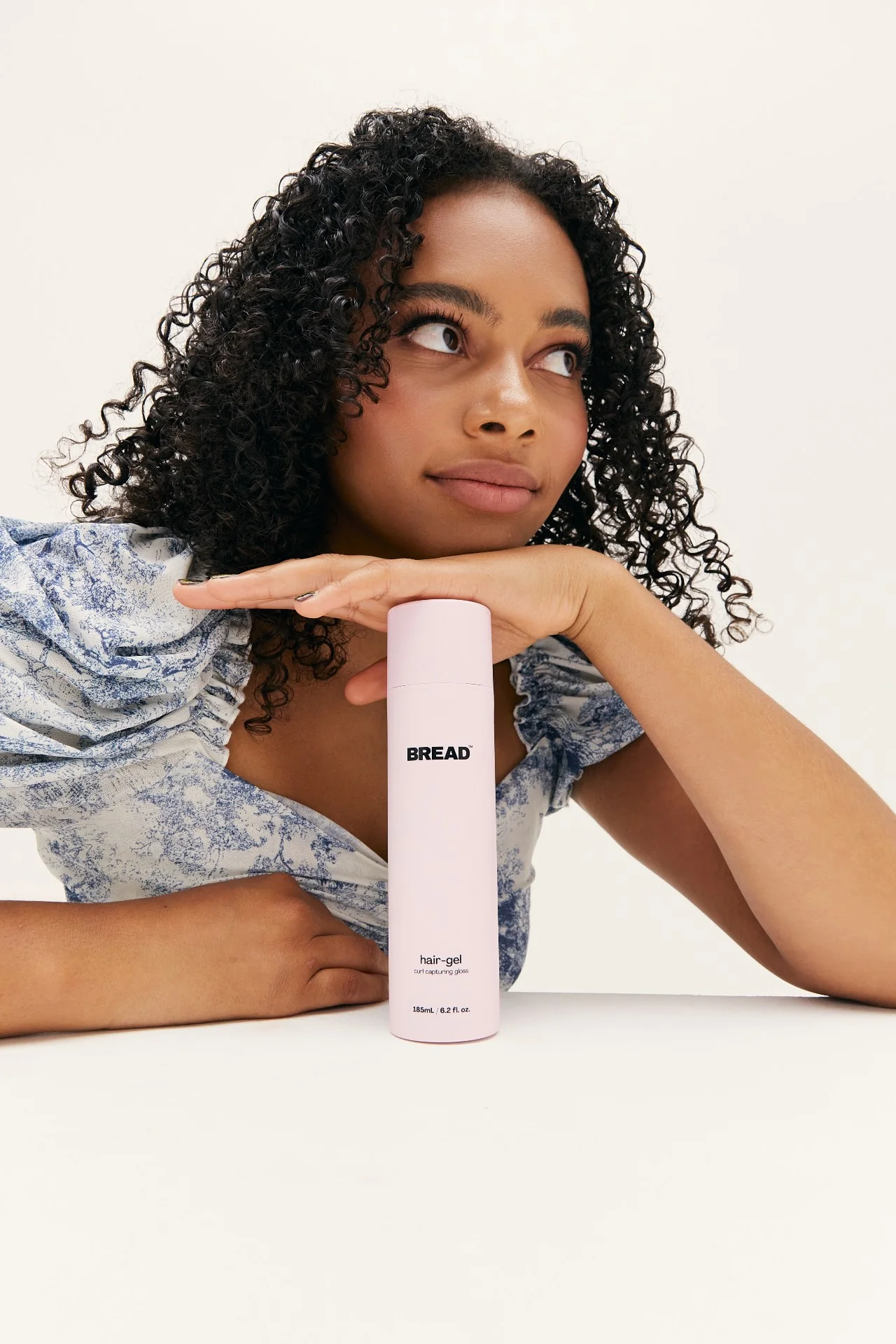
In addition to funding startups, Fearless Fund runs The Fearless Foundation, a nonprofit committed to educating and empowering African American entrepreneurs. The foundation runs the Get Ready Venture Program, a 12-month program that instructs women of color business owners on the funding process and landscape. On Aug. 19, the foundation is hosting its third annual Venture Capital Summit in Atlanta.
At the event, entrepreneurs have the opportunity to participate in a six-figure pitch contest. Attendees will include actress and The Honest Company co-founder Jessica Alba, Mielle Organics founder Monique Rodriguez and Good American co-founder Emma Grede. The summit has gone from 400 to 2,000 attendees, according to Simone. She says, “We try to play a role in making sure the community of of color co-founders and founders have the resources and education and network that they need to thrive in this space.”
In June, Fearless Fund revealed that it had closed a multimillion-dollar second fund with investment from Bank of America, Costco and Mastercard. It raised $25.8 million for its first fund. According to the technology news outlet TechCrunch, all of the investors in the follow-on fund are returning investors. Simone points out women of color funders face fundraising challenges similar to the challenges women of color brand founders face, but there are far fewer Black female fund managers. She says, “People have seen women of color founders coming to pitch to a fund more often than they have seen women of color fund managers going to pitch to potential LPs.”
The current financial climate is difficult for startups, but Simone notes that the fundraising process is difficult for women of color no matter the climate. She says, “Do we feel the effects of that? Most definitely. We just know that, every day we wake up, we have people who depend on us, and we don’t have much of a choice. So, we have to figure out who are people that are mission aligned, that are willing to support us in this climate and just go from there.”
“I am tired of having to say that women of color brands are the most founded, least funded.”
Simone continues, “What I can say regarding our portfolio and the profile of women of color co-founders, they are definitely good stewards over their investments. Their cash burn rates are lower. They are so used to bootstrapping and being innovative that they have proven to make the best uses of capital infusion because they’re not used to having a lot of access to capital. These are the founders that know how to thrive in this state because this is actually their state before this became a macro issue.”
Looking ahead, Fearless Fund is planning to introduce debt-based financing such as loans or lines of credit to its capital stack offering for entrepreneurs. She explains the options are helpful for brands on track to reach around $15 million in annual revenues in a few years that aren’t interested in exiting or going public. In general, she suggests brands on track to reach $20 million to $30 million in annual revenues are better candidates for VC funding.
“We want to make sure that we have a full suite of offerings for our founders because everybody has different needs,” says Simone. “There’s a lack of access to funding for women of color of all stages and all trajectories in business.”
Peering even further ahead, Simone hopes to get Fearless Fund to $1 billion in assets under management and move the needle on the women of color fundraising statistics. The firm currently has over $40 million in assets under management. “I am tired of having to say that women of color brands are the most founded, least funded,” she says. “I look forward to the day when I can say they are the most founded and most funded.”

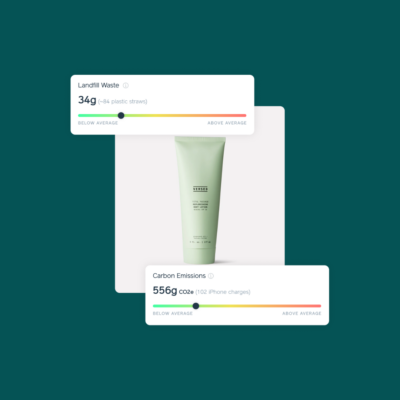
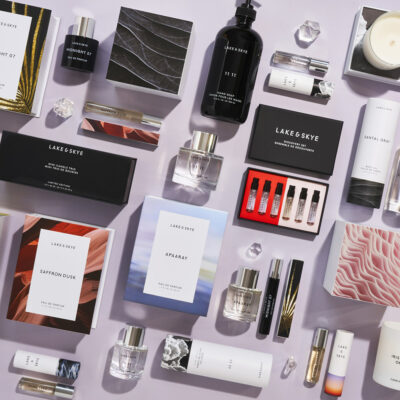
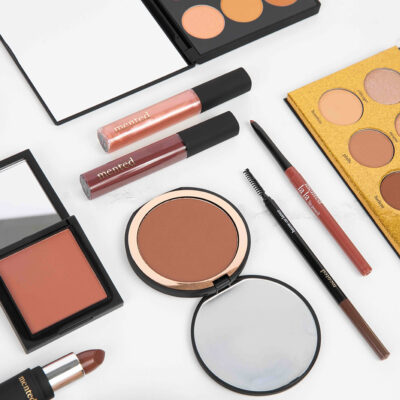
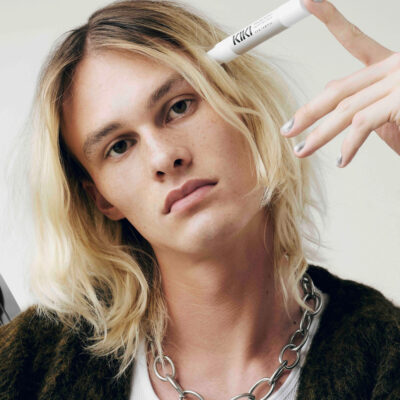
Leave a Reply
You must be logged in to post a comment.